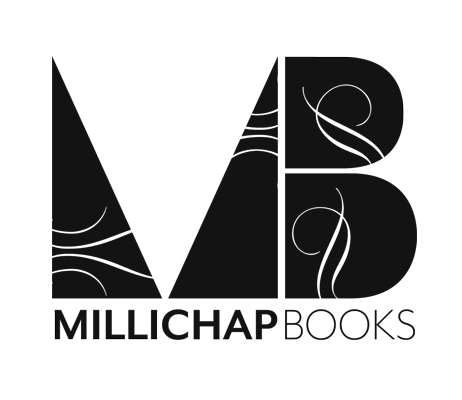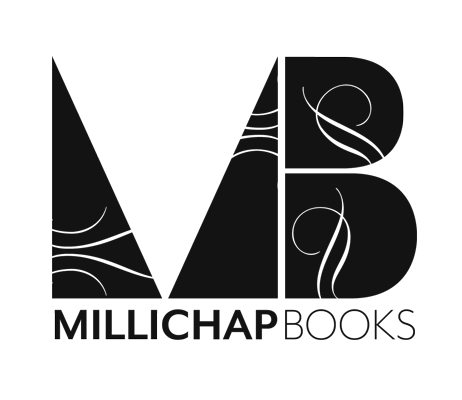ISBN 978-1-937462-32-1
For more information visit WalkingtheMedicineWheel.com
David R. Kopacz, MD is a psychiatrist at Seattle VA in primary care mental health integration. He is also board certified in holistic & integrative medicine and is an acting assistant professor at the University of Washington. David has worked in many different practice settings, including VA, holistic private practice, and as clinical director at Buchanan Rehabilitation Center in Auckland, New Zealand. He is the author of Re-humanizing Medicine: A Holistic Framework for Transforming Your Self, Your Practice, and the Culture of Medicine. He has been working to develop holistic approaches to help Veterans return home and to take charge of their own well-being through classes using mythology and narrative. He also teaches classes using the VA Whole Health initiatives coming from the national VA Office of Patient Centered Care & Cultural Transformation.
Joseph Rael, whose Tiwa name is Tsluu-teh-koh-ay, Beautiful Painted Arrow, is a visionary healer. He brings together in his person the Ute tribe (through his mother) and Picuris Pueblo tribe (through his father) and is a citizen of the United States. He is the author of many books, including Sound, Being & Vibration and Ceremonies of the Living Spirit. He is a graduate of the University of New Mexico and holds a Master’s degree in Political Science from the University of Wisconsin. He has worked to create holistic health care using Native American traditions to help those suffering with addictions. He has been recognized by the United Nations for his work creating Peace Chambers on four continents.
FOREWORD TO Walking the Medicine Wheel: Healing Trauma and PTSD
Edward Tick, Ph.D.
Author: War and the Soul
Warrior’s Return
Co-founder and Director, Soldier’s Heart, Inc.
Just as our nation’s motto is E Pluribus Unum, From Many One, so Walking the Medicine Wheel can be conceived as “from many one.” Indeed, Joseph Rael and David Kopacz have given us a book that is many books in one. It traces and teaches several different paths, each critical for our understanding and healing today. And it becomes one unified tome through a loving, elegant and visionary yet practical interweaving. This interweaving is a core lesson of Walking the Medicine Wheel and a spiritual action that could benefit us all as individuals, a nation and world.What do we discover in this interwoven whole? As the title suggests, we have a thorough introduction to the Red Road – what the medicine wheel is and how any of us can apply it for spiritual direction and healing through the life cycle. This is a contemporary rendition and interpretation of the ancient path of healing and spiritual growth through Native American and other world spiritual practices. Joseph and David instruct us in this life path in general through its core principles, traditions, practices and teachers. And we are more deeply instructed in the particular way elder and teacher Joseph Rael, Beautiful Painted Arrow, has received, practiced, taught and spread these healings through a devoted lifetime of spiritual visions and work that, as he says, is simultaneously prayer.
We also receive a thorough introduction to Post-traumatic Stress Disorder (PTSD) in general, and its manifestation in our military troops and veterans in particular. By now most of us are familiar with the conventional psychiatric interpretation of PTSD. For all trauma survivors, and especially for veterans, herein we learn the manifestations of PTSD but we view them in accepting, affirming and non-pathological terms. This sets Joseph and David firmly in the company of a small number of contemporary practitioners who affirm that trauma is a normative response to horrific events; it is transformational; the survivor has had liminal and visionary experiences in non-ordinary consciousness and reality; trauma can best be understood and worked with as a rite of passage that leads to growth, wisdom and initiation.
Recall the discovery of the double helix of the DNA molecule. Or recall the ancient Greek symbol of the caduceus, the staff with intertwining snakes up its pole that became the symbol of the medical profession. The Red Road and Trauma itself become the forces that interweave to map a healing journey that is profound yet simple, difficult yet wise, loving and accessible yet obscure to our modern world. Joseph and David not only share this vision, but also offer many practical suggestions and ceremonial instructions for how to walk the medicine wheel specifically for the healing of military and other trauma.
Their blessed effort and wisdom must be applied to the overweening problems of the aftermath of war in our nation and world today. Blessedly they and we are not alone. This book is boon companion to a small number of ancient and modern texts guiding the warrior’s journey home through spiritual principles and practices. Most indigenous traditions were warrior cultures and had spiritual means for bringing warriors home and restoring their spirits. What we call PTSD today has been known since ancient times and has had more than eighty different names. Thus Walking the Medicine Wheel takes up an ancient task and joins the healers and teachers of the ages in using both ancient and modern wisdom to address some of the most pressing and painful issues of our day. We are given a perennial philosophy, instruction in how to use the medicine wheel, guidance in life-restoring and trauma healing ceremonies and rituals, references to teachers both ancient and modern, personal stories of the healers as well as many they have tended, and ultimately a vision for restoring warriors to their full spirituality and functioning through deep earth- and tradition-based spirituality.
Warriors have always needed a spiritual path for their restoration, homecoming and healing. It is both immoral and tragic that in our modern era we have not provided this path home. Walking the Medicine Wheel is a wise, compassionate, beautiful and practical guidebook that helps restore these ancient ways for modern times and guides our wounded warriors toward becoming true elder warriors of spirit for us all.
Veteran Resources
This is just a small sample of organizations that can assist with the transition home:
List of Veteran Organizations:
CORE Viet Nam https://corevietnam.org/
Military Writers Society of America http://www.mwsadispatches.com/
The Mission Continueshttps://www.missioncontinues.org/
National Center for PTSD http://www.ptsd.va.gov/
Pets for Vets http://www.petsforvets.com/
Red Badge Project http://theredbadgeproject.org
Soldier’s Heart http://www.soldiersheart.net/
Theater of War http://www.outsidethewirellc.com/projects/theater-of-war/overview
VA Hospitals and Clinics Locations http://www.va.gov/directory/guide/home.asp
VA Office of Patient Centered Care & Cultural Transformation http://www.va.gov/patientcenteredcare/
Vet Centers http://www.vetcenter.va.gov/
Veterans Crisis Line https://www.veteranscrisisline.net/
Veteran’s Sweat Lodge (American Lake VA, Washington) http://www.vasweatlodge.org/




